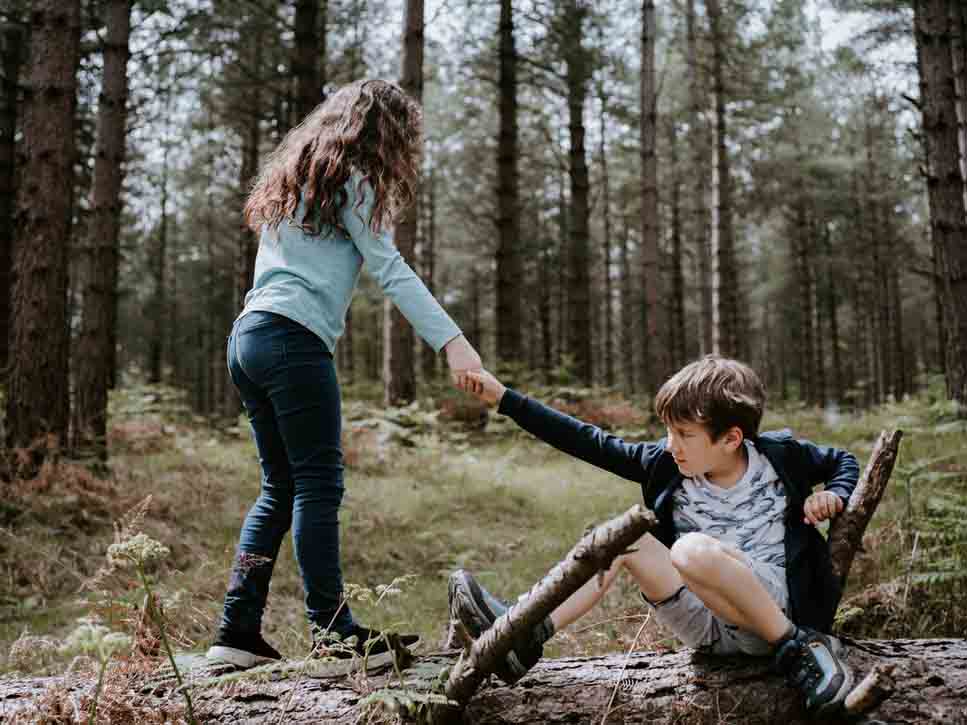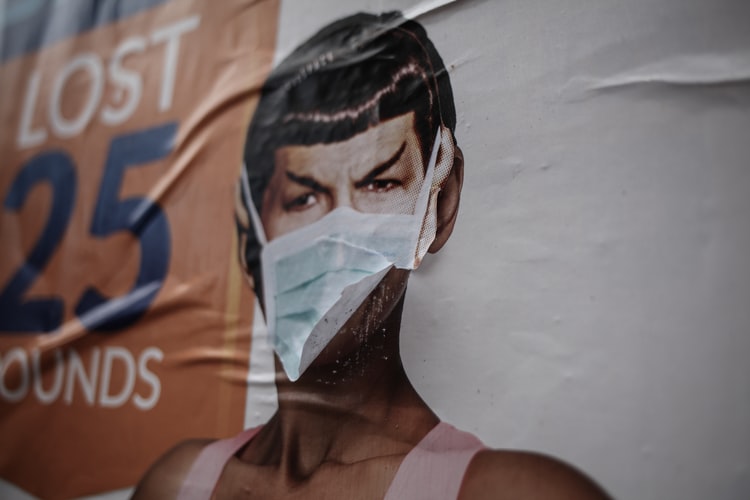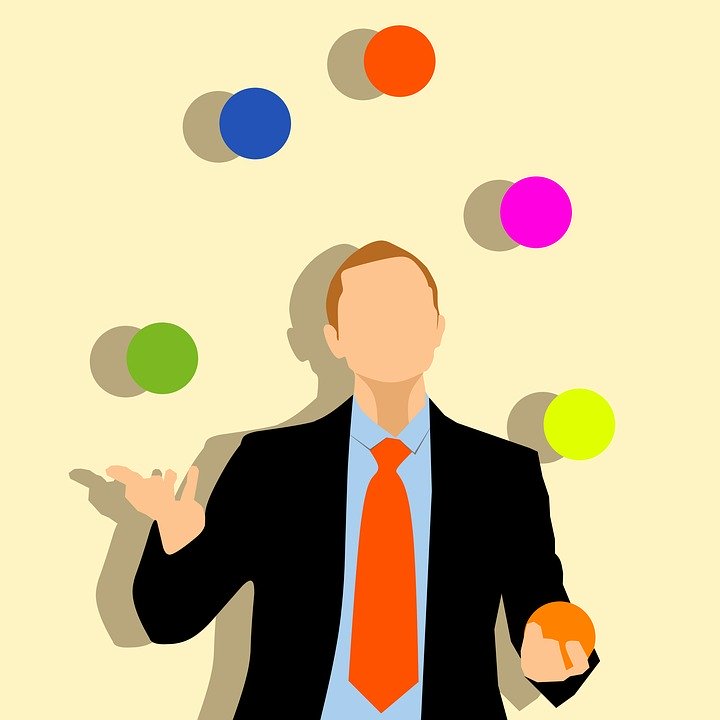A key focus of my blog is Creating Ecosystems of Success. There are always people who want to exceed and excel but don’t know how to. In many instances our success is impacted by the help of others. The following contributed post is entitled, What Empowers Us To Help Each Other?
* * *
Some websites are dedicated to sharing only happy and empowering stories, such as the Good News Network. It’s always a good idea to browse through their news and remind ourselves that there is still a lot of good in people.
Yet, it’s hard to read about positive stories without wondering whether you’d be able to do the same if you were in a similar situation. While it’s inspiring to read about people helping each other, it also reminds us of our limitations. But the real question you want to ask is not whether you can help someone else, but instead, what you need to feel empowered to be the hero of the next Good News Network story.

Communication is at the heart of community support
The first and most surprising obstacle to helping each other is an obstruction to the flow of information. Communication plays a significant role both in business and social life? However, while we communicate every day, we still have a lot to learn to improve the way we share and exchange information. A streamlined flow of communication, for instance, can avoid unnecessary friction and ensures everybody is on the same page. Why does it matter? Because you can’t help people if you don’t know what’s going on. Having access to current and relevant facts can not only help you determine who needs help but also how to make a difference.
Finding a role model you can trust
We’re never too old to look up for a role model. Someone who is able to go above and beyond to help others, such as Irvington, NJ, Mayor Tony Vauss, provides the inspirational example we all need to change. The mayor has been seen building partnerships and reaching out to officials in order to keep the population safe. His actions demonstrate that creativity, perseverance, and engagement are crucial to helping those who need it, such as distributing emergency food and fresh produce. From an observer’s perspective, the real-life example can give us more confidence to take action ourselves.
There’s no secret: If you don’t believe in yourself, nobody will do it for you
Perhaps, the biggest issue you will have to tackle before you can embrace your selfless side is your self-esteem. Your self-esteem is shaped by a variety of experiences, relationships, and events. Many beliefs you have about yourself are often the result of the message you’ve received from your friends and relatives. Therefore, it is easy to have low self-esteem if you’ve received unhelpful messages. As a result, you may be tempted to believe that others are more capable than you, and therefore better suited to make a difference. Yet, identifying the roots of your lack of confidence can provide you with a key to move past and build something new. Ultimately, you can’t find value in helping others if you can’t value yourself first.
What does it take to reach out to someone else and give them a hand? It takes a lot more than you think. You need to be appropriately informed about their situation, guided by a role model’s success, and equipped with the self-belief to make it happen. The bottom line: Perhaps the lack of selflessness and care for each other is a societal cry for help that highlights the many human flaws that prevent us from becoming the best version of ourselves.




